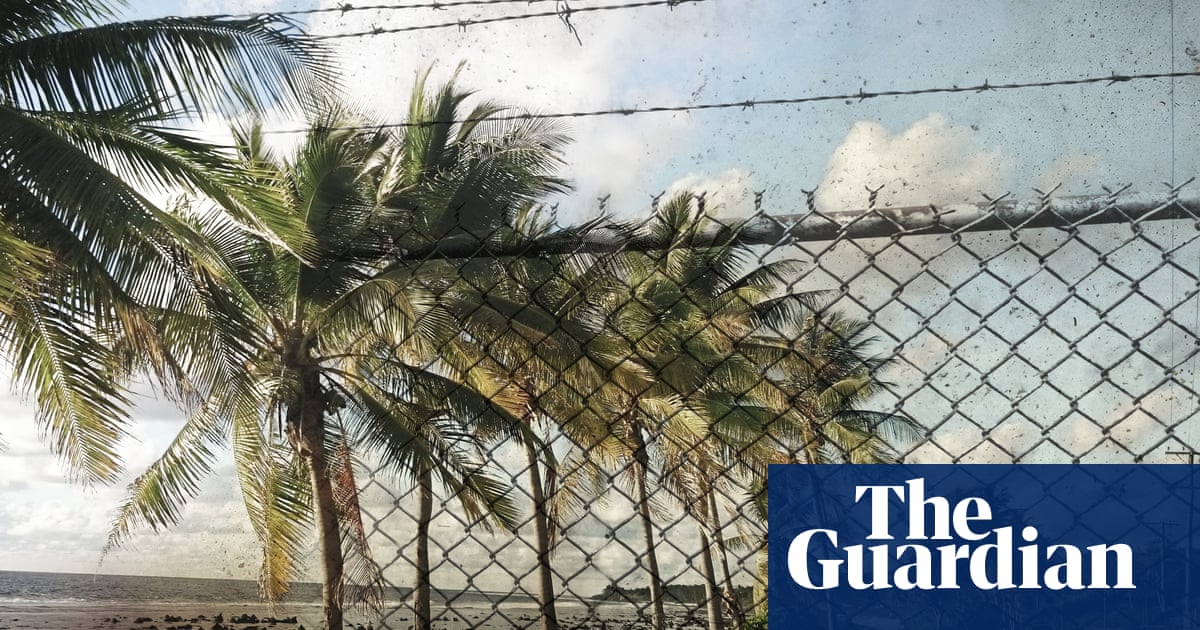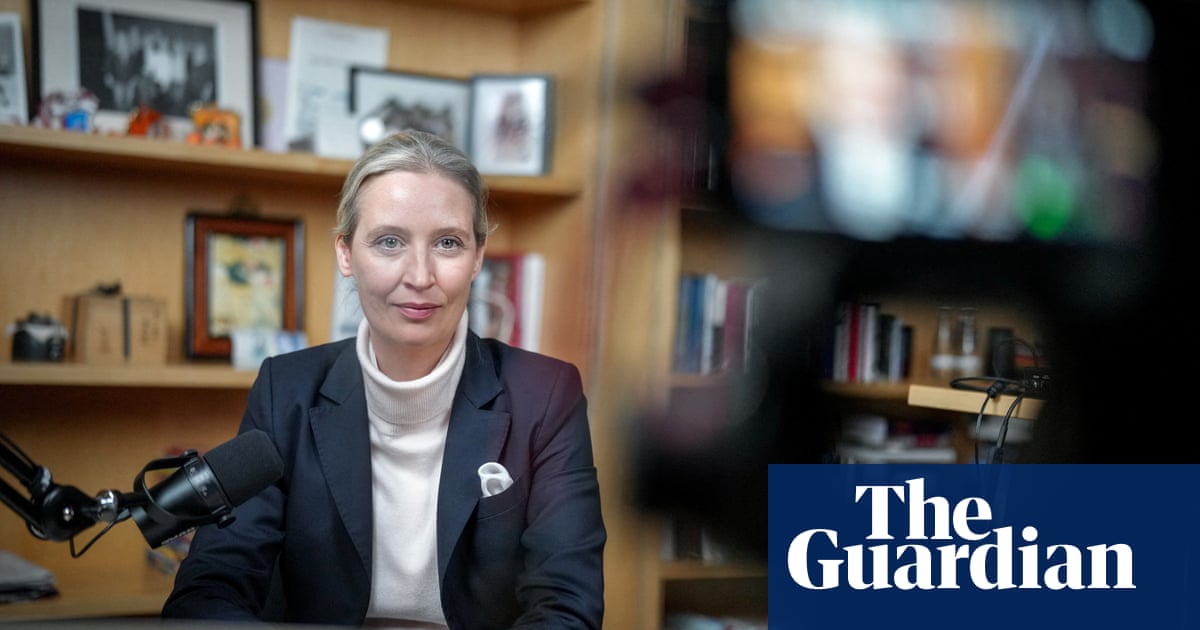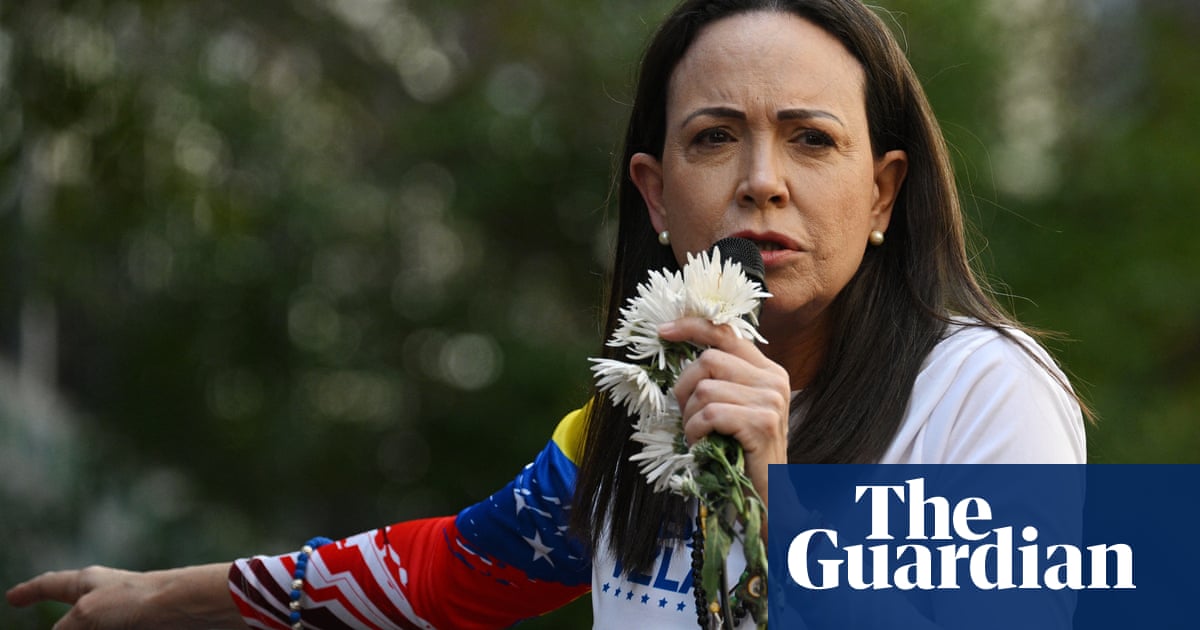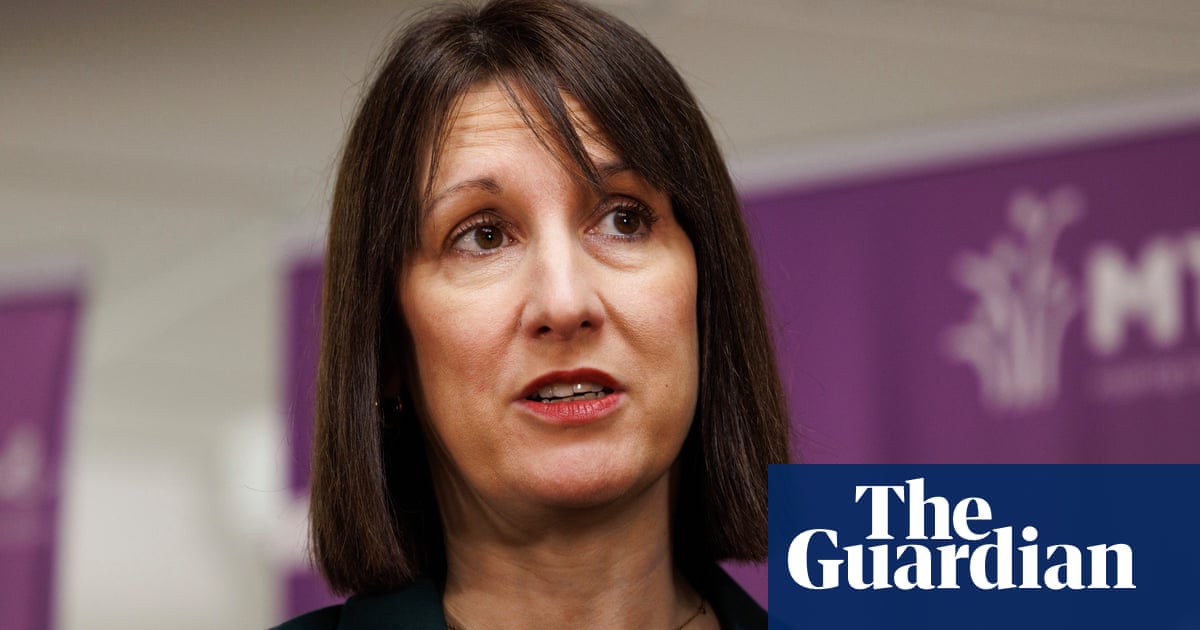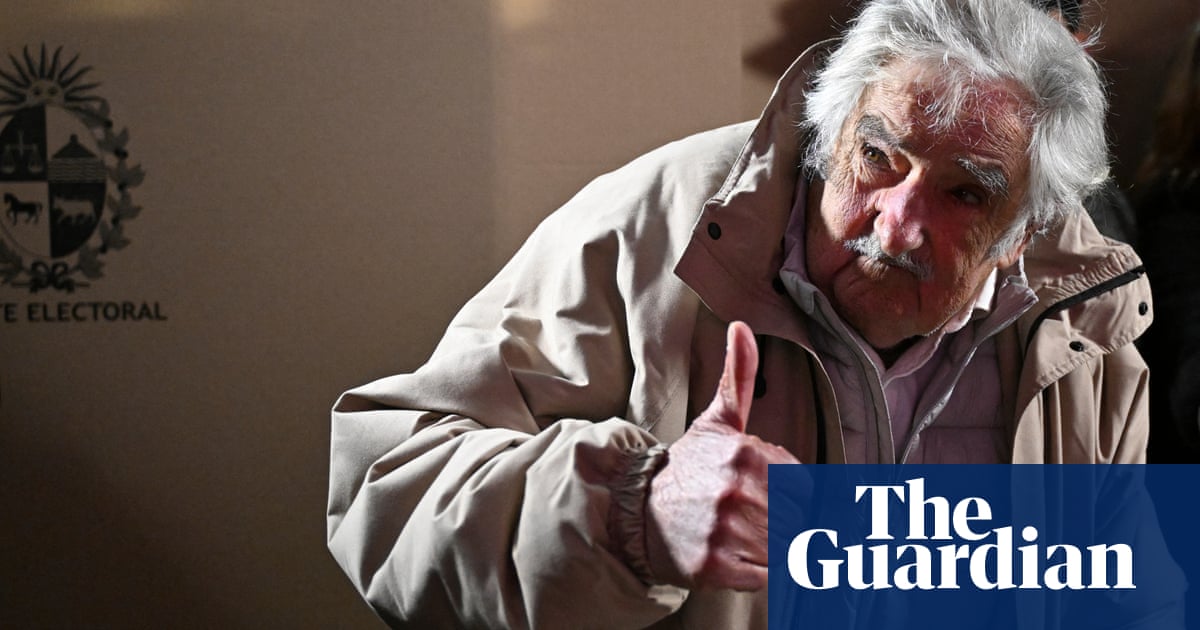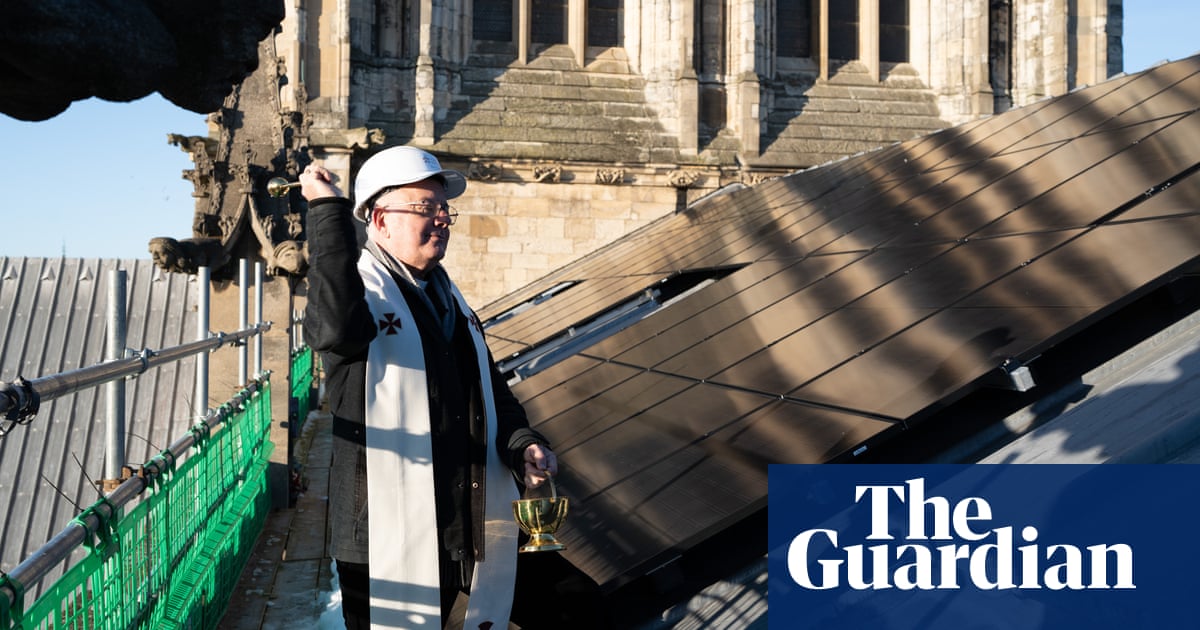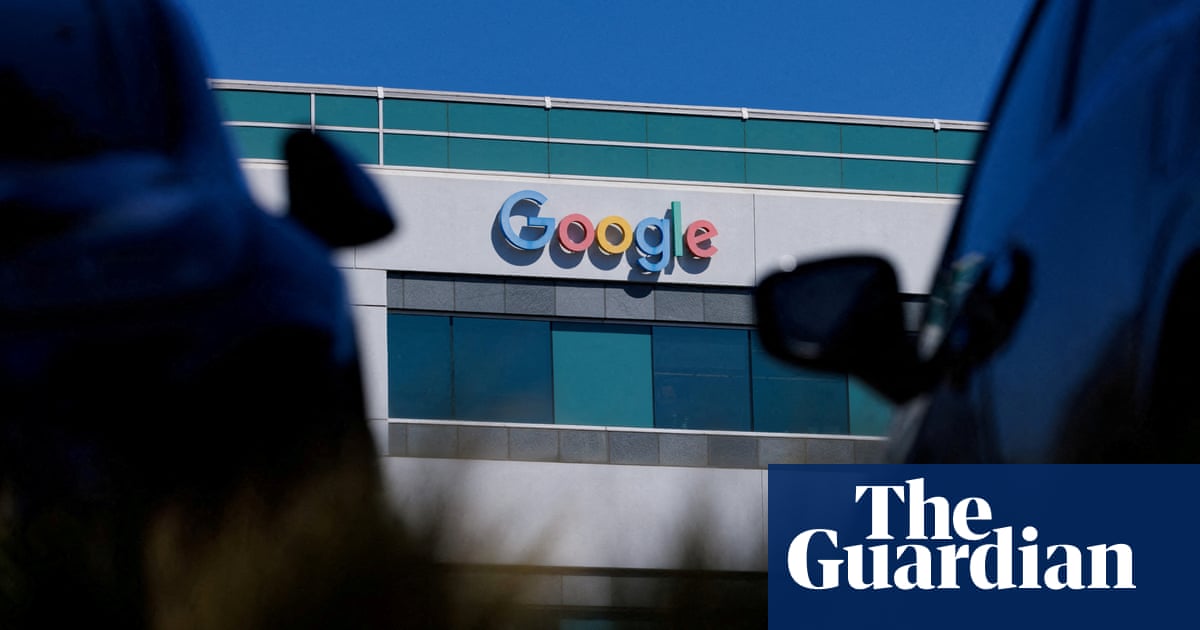Shortly after opening his north London restaurant, Hugh Corcoran noticed a pattern among some of his diners: large groups ordering tap water, starters and mains to share. So, he took to social media. “Restaurants are not public benches,” he wrote on his Instagram last week. “You are there to spend money.”
By the weekend, his post had accrued 150 comments, some accusing him of being tone deaf, others in agreement. Either way, a discourse was born.
The Belfast-born chef opened The Yellow Bittern three weeks ago. It has three members of staff, seats 18 people, and is only open for lunch on weekdays. If you want to book a table, you phone the landline or send a postcard. Curiously, it’s not on Instagram.
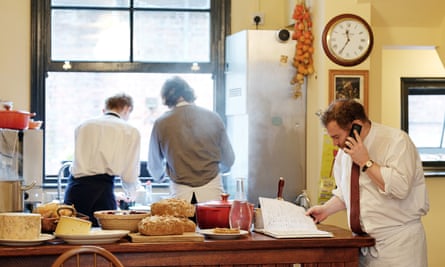
This early in its life, it should be in no position to change the way we eat. And yet thanks to its famous pies (“we do pies when we fancy doing pies”), his predilection for the long boozy lunch, and its old-fashioned set up – it’s also cash only – Corcoran is attracting and dividing diners who take umbrage with being told there is a right way to have lunch.
“There’s an etiquette everywhere – theatres, bars – simple manners. You don’t talk in a cinema, and you go to a restaurant when you’re ready to eat, as a treat,” he says. “If you’re not hungry, don’t go.”
His preference, he says, is minimum one plate per person, “but one starter and two mains between four, that’s just not acceptable”.
This is a fraught time for new restaurants. Years of work go into funding. Then there are soaring food prices. Add to that the current climate for hospitality: an estimated 60% close within their first year. So why is Corcoran angering his diners?
He does reservations by phone because “in London, everyone got into the ‘just in case’ craze – booking online and then cancelling”. The cash-only policy is the last vestige of privacy. That, and atmosphere. “Cards leave out interesting people in society who are cash-in-hand. Frankly, I’d also prefer it if clients didn’t use their phones.”
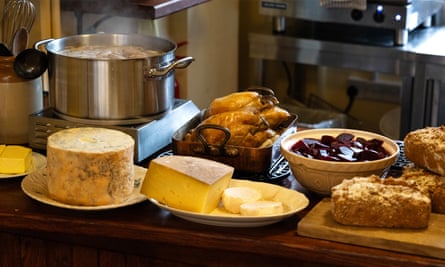
The real issue, he says, lies in “restaurant tourism – going to a place to show that you’ve been to that place, without actually eating”. That, and what’s known as “window dining”.
Two recent diners, he says, ordered half the menu, took photographs but didn’t touch the food. “It all went in the bin,” he says. “We don’t want to force-feed people. And you can share food. But if I’m going to get stick for standing against that, so be it.”
Jan Ostle runs Wilson’s, a small but critically acclaimed farm-to-table restaurant in Bristol, which opened in 2016. “Sometimes people come in and only order a main, and all your projections get mangled,” he agrees. “The problem is, people want to go out and feel rich but they can’t afford to do it.”
“Most restaurants today have to traverse two lines – firstly as a local restaurant with regulars, and secondly as a destination one,” says Ostle. “It’s nice to have both, which we do. But if someone comes in, takes photographs and doesn’t seem fussed on the food, that’s the modern world. You need a thick skin for it.”
Annie Gray, a food historian, blames Covid – and years of austerity – for the divide. “People have become entitled. Hospitality has been hard hit – Covid, austerity, cost of living crisis, the overseas labour. But diners don’t necessarily care because they’ve been through it too, and they’re spending money,” she says.
This is not lost on Corcoran. In the end, he just doesn’t want to see people eating nothing, but photographing everything.

.png) 2 months ago
15
2 months ago
15




